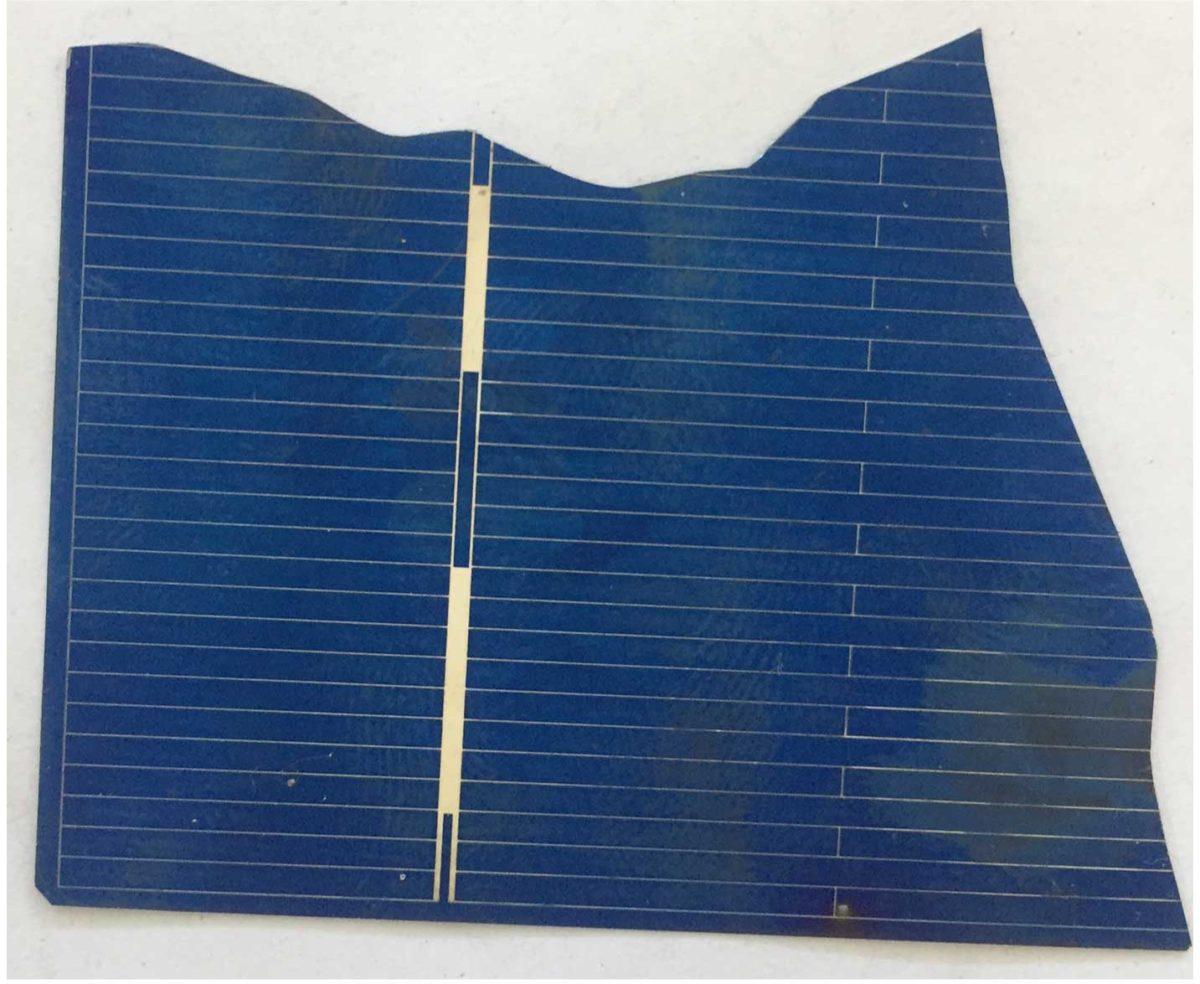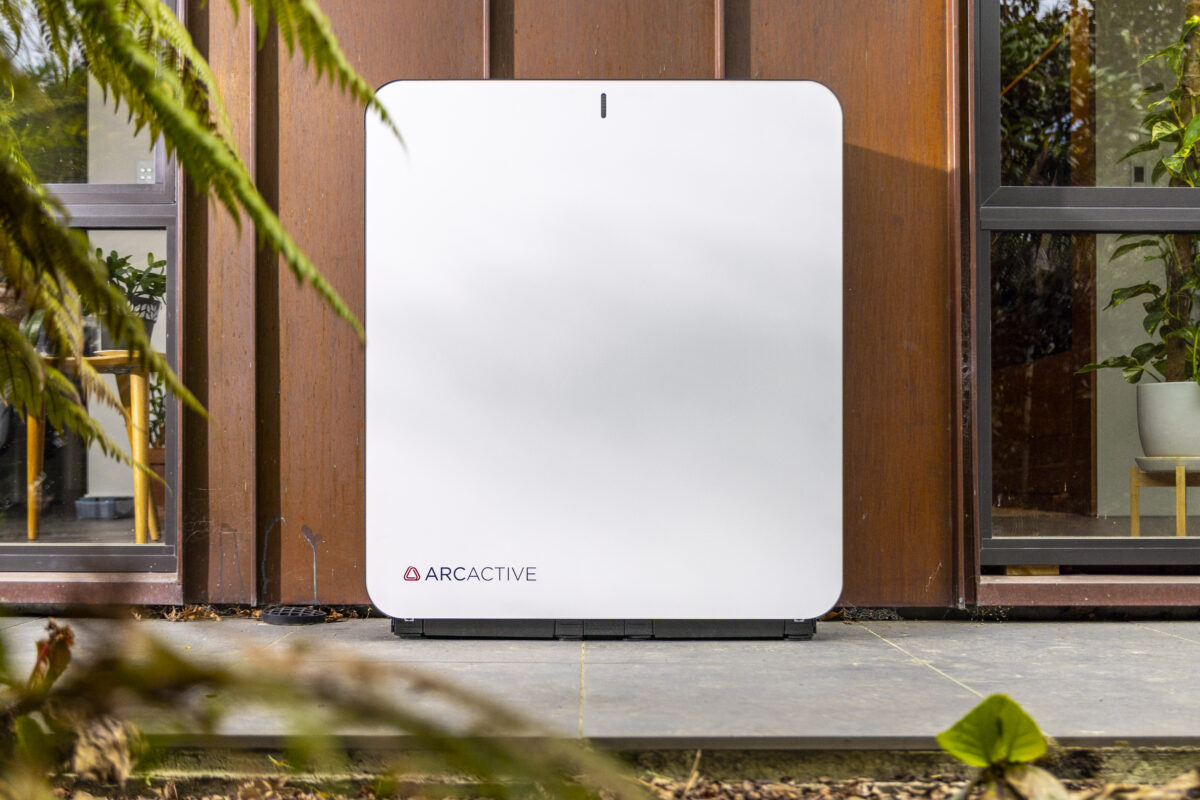From pv magazine Global
Scientists from India’s KPR Institute of Engineering and Technology have developed a new technique to recycle pure silicon from solar cells at the end of their lifecycle.
Unlike other conventional methods to recycle silicon from PV devices, the new technique is not based on the use of highly toxic chemical hydrofluoric acid, which is commonly utilised in the PV industry for both quartz cleaning and wafer etching. In solar module recycling, the corrosive acid is used for separating silicon from the cell by removing the antireflecting coating, silver, lead, and p-n junction.
The corrosive acid was replaced by the Indian group with three different chemicals: a 10 M solution of sodium hydroxide (NaOH) was applied to the aluminium layer for five minutes at 63 degrees Celsius; a 6 M solution of nitric acid (HNO3) was utilised to remove the silver electrodes and lead; and a solution of 90% phosphoric acid was used to remove the antireflecting coating based on silicon nitride (Si3NA4) for 45 minutes at 70 degrees Celsius.
The outer parts of a solar panel such as glass, ethylene-vinyl acetate glass, copper, steel, aluminium, and plastic were previously removed through thermal degradation.
According to the scientists, the proposed technique is able to deliver recycled silicon with a purity of up to 99.9984%. The recycling cost for 1 kg solar cell with this process is estimated at $68.9 and the total profit after recycling a 1 kg solar cell is calculated to be $185.4. The recovered silicon can be used to manufacture new solar cells or electronic components such as diodes, transistors, and microchips, they explained.
The recycling technique is also said to enable the recovery of aluminium, silver, and lead as aluminium hydroxide, silver chloride, and lead oxide, respectively. It is described in the paper “Recovery of Pure Silicon and Other Materials from Disposed Solar Cells,” published in the International Journal of Photoenergy.
This content is protected by copyright and may not be reused. If you want to cooperate with us and would like to reuse some of our content, please contact: editors@pv-magazine.com.









By submitting this form you agree to pv magazine using your data for the purposes of publishing your comment.
Your personal data will only be disclosed or otherwise transmitted to third parties for the purposes of spam filtering or if this is necessary for technical maintenance of the website. Any other transfer to third parties will not take place unless this is justified on the basis of applicable data protection regulations or if pv magazine is legally obliged to do so.
You may revoke this consent at any time with effect for the future, in which case your personal data will be deleted immediately. Otherwise, your data will be deleted if pv magazine has processed your request or the purpose of data storage is fulfilled.
Further information on data privacy can be found in our Data Protection Policy.